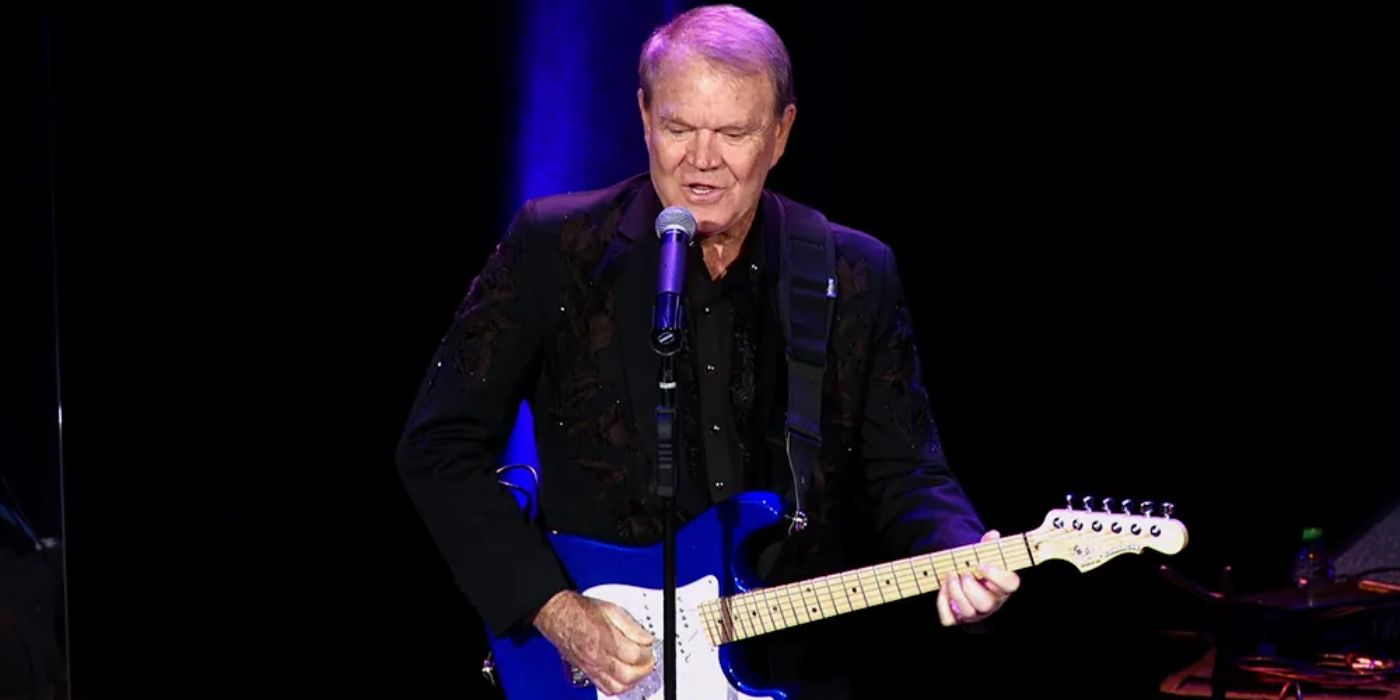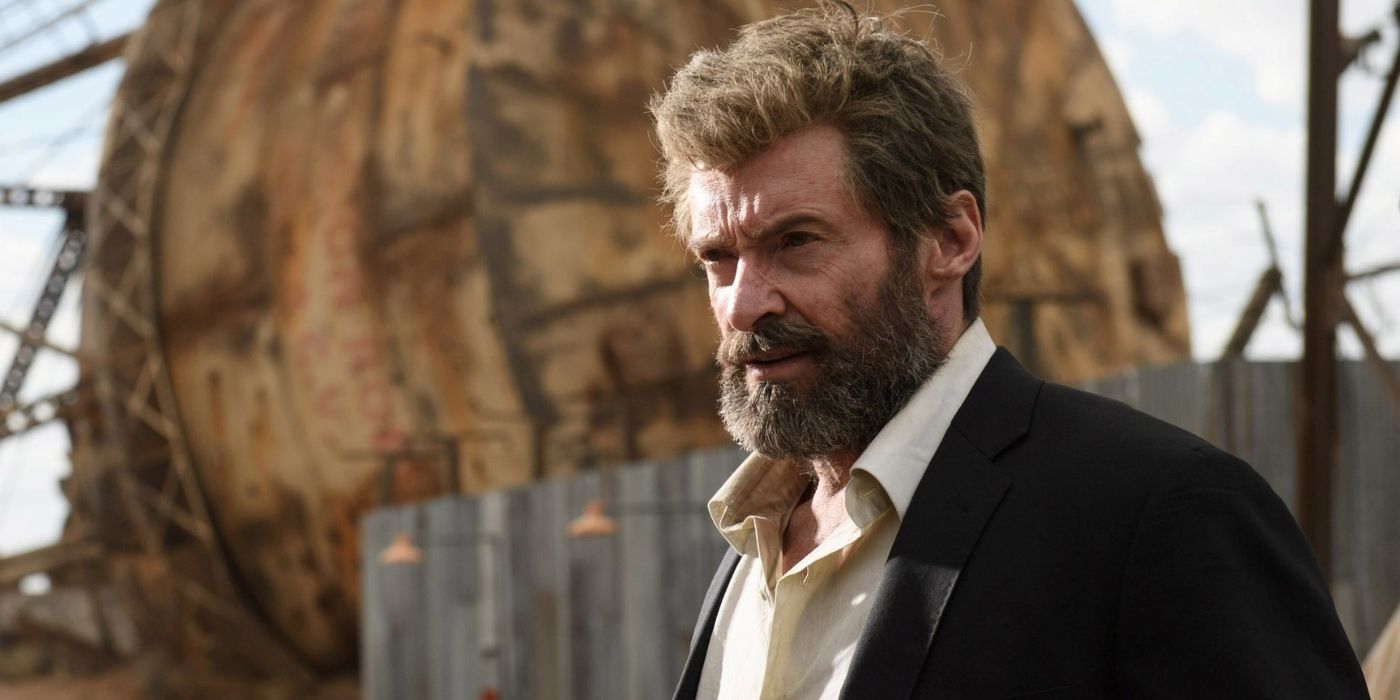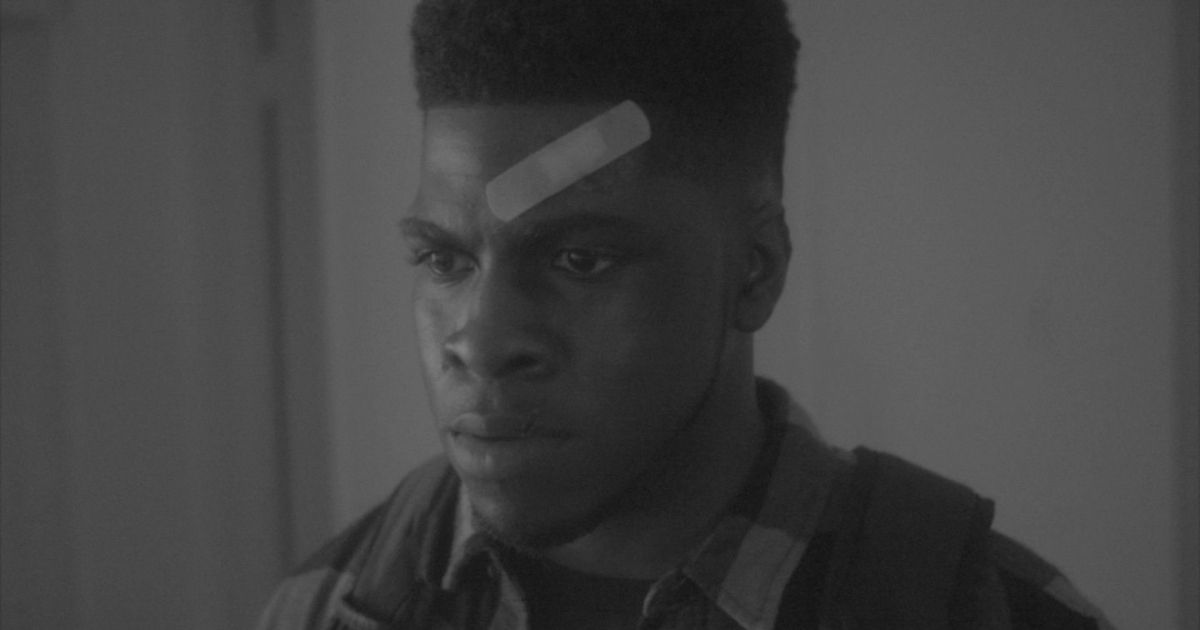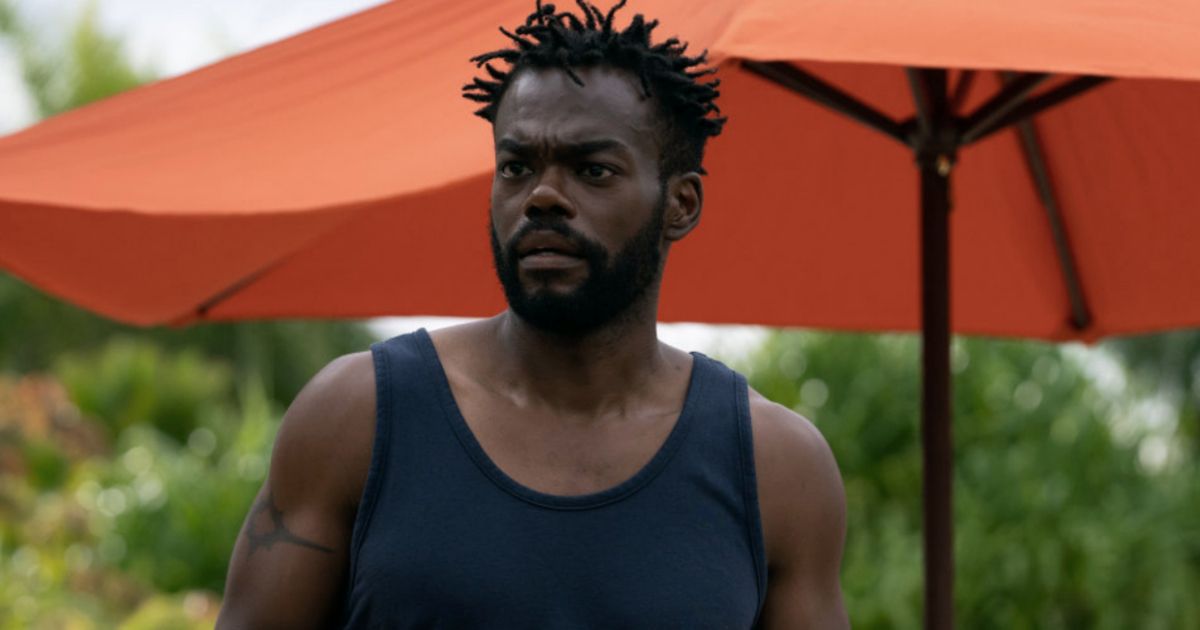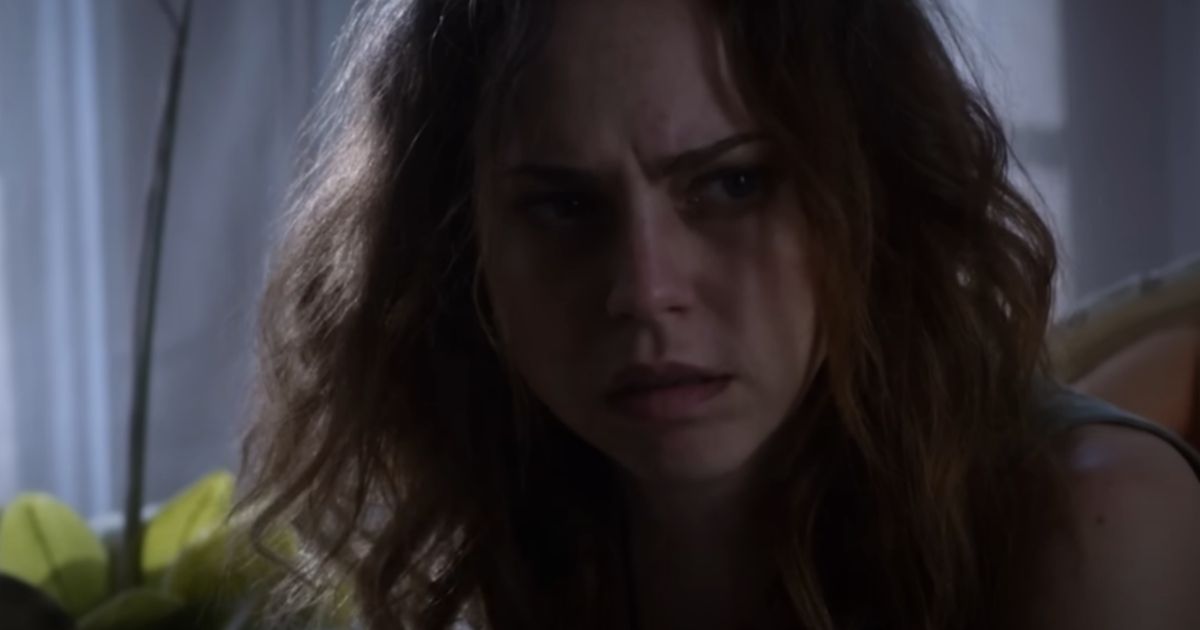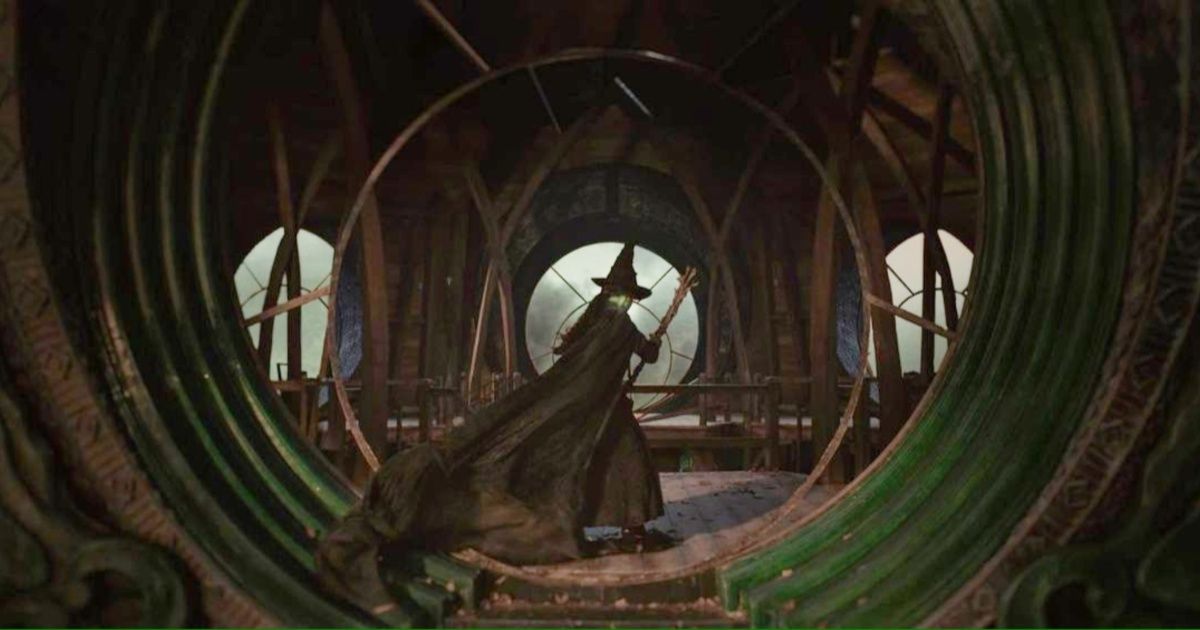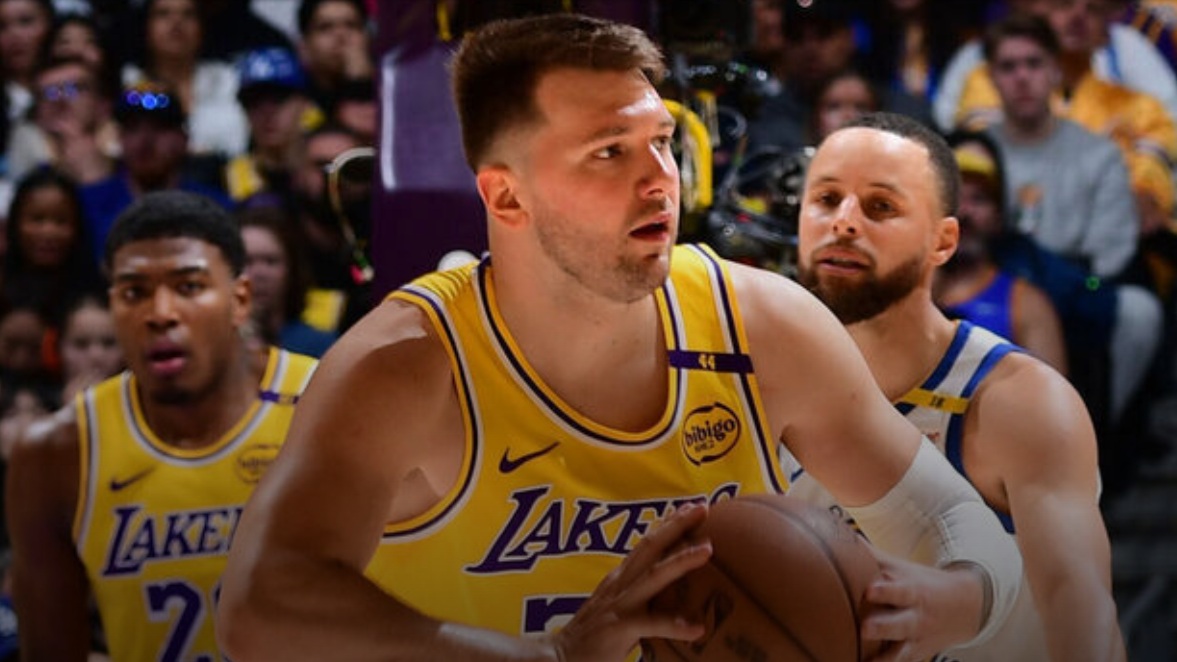We live in an era where people are being more than nudged to expand their awareness and explore their internal worlds. That may have been the juicy invitation — or a bit of cosmic paradox — spawned by the pandemic. Whether most people took that invitation to look inward to grow or evolve to some degree is still up for debate.
Still, a quick scan of some of the recent films to emerge from filmmakers near and far, and you can’t help but wonder if there was something hanging in the air these last few years (see also The Passenger). Themes related to trauma, grief, and abuse have found their way into many films and episodic TV storylines. One thing is clear: we’re all going through something. Or have. And that’s why the new indie film Mickey Hardaway arrives at the perfect time.
This is one of the finest, deeply moving debut films to come along from a completely indie filmmaker in some time. L.A.-based writer-director Marcellus Cox shot his thought-provoking drama in black and white, filling it with stellar performances and a story that will undoubtedly rattle the soul.
The movie, based on Cox’s short film, shines the spotlight on the ripple effects of domestic abuse, tossing in a unique exploration about Black masculinity in the process. The central story tracks the story of Mickey Hardaway, a young man in therapy who begins looking more deeply at the years of abuse he experienced under the brute force of his father. But ripple effects stretch far and wide, and this story captures just how unrelenting trauma can be.
Related: Best Modern Movies Shown in Black and White, Ranked
Moving Through the Past
Indie Rights
Rashad Hunter plays the titular character here, a determined yet troubled soul attempting to live an authentic life. There are roadblocks to doing that, however. Mickey is an artist but hasn’t found his economic footing while pursuing his craft. His girlfriend, Grace (Ashley Parchment), is compassionate and caring, always there for Mickey, but something burns from inside.
Grace suggests he see a therapist and when Mickey agrees, he’s soon sharing more about himself than he may have initially thought he would. He’s been pent-up for so long, after all. He was never taught to honor or really even feel his feelings. Another trauma-tinged indie film, Mother, May I? with Kyle Gallner, tackles that idea in its own way, yet it shows how prevalent the themes of trauma are in films these days.
Indie Rights
Dr. Cameron (Stephen Cofield Jr.) offers good counsel, and in Mickey’s eyes, it must be a shock to the system. His father was an alpha male and prone to violence and abuse. Dr. Cameron is not the kind of “man” Mickey knows all too well. But it’s here, in session with his new therapist, that Mickey begins divulging his childhood experiences, singling out how verbally and physically his father (David Chattam), an ex-ballplayer, was. Mickey’s mother (Gayla Johnson) can’t seem to do much to change the intensity of their homelife, so Mickey finds some emotional reprieve with his compassionate art teacher (Dennis LA White). But even that comes with consequences, as it in enrages Mickey’s father.
The filmmaker takes us back to these moments, of course through flashback. Blake Hezekiah plays young Mickey, capturing the child’s vulnerability in a nuanced performance. These flashback scenes are intense, bold, and honest. They are also bravely executed, and there is something about Marcellus Cox’s writing and, in turn, his direction that captures the psychological scaring created in these moments.
Related: 8 Debut Films That Are Still Their Director’s Best Movie
Capturing the Emotional Toil
The filmmaker does an effective job at balancing what happened in the past with what Mickey is confronted with in the present — basically, not being able to trust people. The film also offers a truthful look at what it takes to be an artist and the steely inner resolve one must have to be unrelenting in that path. To some extent Mickey is. He has the drive, but crumbles occasionally, finding refuge in external bandages, liquor among them. All this factors into Mickey’s traumatic past, and the deeper he explores that realm, it seems more angst resurfaces.
There’s a glimmer of hope from an esteemed editor, Nathan (Samuel Whitehill), who takes a liking to Mickey. At last, maybe there is a viable way for Mickey to making a living. But that’s no guarantee for a happy ending, as it were. All these elements of Mickey’s life seem to collide — his past, his caring girlfriend, the issues he’s confronting in therapy, and the potential business partner who, we soon learn, has ulterior motives.
The performances in Mickey Hardaway are exceptional throughout. The writing tends to rely on explaining things more than it might need to, though. That expository aspect occasionally weighs the film down to a degree, but never sending it too far off course. You get the sense 10 minutes could have been trimmed from this film and all would be fine. Regardless, this is a winning tale, and it hits a nerve as it takes us through Mickey’s journey. Jamil Gooding wins high marks here for the sublime camerawork and editing. This may be writer-director Marcellus Cox’s first endeavor, but by the final frame, you’ll want to see more from this talented filmmaker.
Mickey Hardaway can be streamed on Apply TV+, Prime Video, and other streaming outlets.
You can view the original article HERE.










